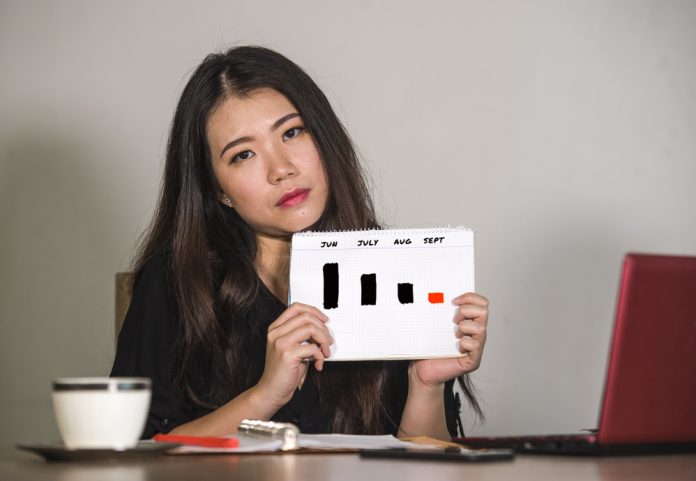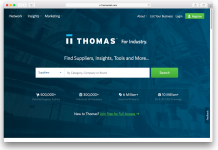Businesses spend lots of time and money doing quality assurance and trying to keep customers satisfied. Every once in a while, however, some kind of mistake slips through the cracks and something goes wrong. When that happens, the end result may be a product recall. Even if no one is injured and the recall is strictly precautionary, it could still hurt your bottom-line.
While small mistakes or design errors might not be that significant, larger defects can be disastrous. Sometimes a company might release a series of defective products that function so poorly or dangerously that it makes news headlines. When this happens, the whole business suffers.
It won’t be easy to bounce back with a healthy brand image once the public finds out about what happened. Here are a few examples of businesses that had to work extra hard on public relations after defective products hit the market.
4 Defective Products That Damaged Their Companies’ Reputations
The following defective products lead to illness, accidents, and fatalities, leaving the companies that produced them scrambling to do damage control.
Boeing 737 Max
After producing a new model of aircraft and slowly introducing it into the airline industry, Boeing had to change their plans as two accidents with hundreds of fatalities led to the 737 Max being grounded worldwide.
Every plane crash is big news, so two crashes in quick succession causing so many deaths pushed Boeing into the news and did a lot of damage to their reputation. People became more nervous about air travel in general and less likely to trust Boeing and their planes. Whatever went wrong in the design of the 737 Max cost Boeing a lot by hurting their brand.
Samsung Galaxy
In 2016, people began to report serious problems with their Samsung Galaxy Note 7 phones. The smartphones would overheat and eventually even catch fire. Incidents multiplied quickly and Samsung recalled every one of the phones that had been released and sold.
Samsung tried to act quickly, but the damage was done. The Samsung Galaxy Note 7 became a punchline. Consumers lost trust in the Samsung brand, as even airlines had to act to bar the phones from being carried onto their flights.
Takata Airbag
Some of the most common product defects that can hurt people and cause serious accidents are manufacturing defects in cars. When an automaker has to issue an airbag recall, it can hurt their reputations and damage their relationships with customers, especially if consumers think they handle the recall poorly.
When automakers discovered that all of their vehicles with Takata airbags were putting drivers in danger, it quickly became a big news event. Heat and wear on the airbags over time made them liable to explode in the event of an accident, which could cause fatal injuries to the driver and passengers.
Although the big car companies were not technically responsible for the original defect, all of their reputations were put on the line when people started getting hurt.
E.Coli at Chipotle
While it might seem odd to consider tainted food a defective product, it still falls under the same legal category. After a multistate outbreak of E. coli O26 infections linked to Chipotle Mexican Grill, the popular restaurant quickly became the face of the brief epidemic.
Consumers everywhere lost confidence in the hygiene and safety of the produce and food preparation practices at Chipotle. Their sales suffered, and Chipotle has worked hard since then to rebuild their reputation and regain the trust of their customers.
Every time some kind of defect affects a lot of people like this, it can seriously affect the company’s brand image and the way consumers view it. It takes a lot of work to come back from that type of publicity.
Find a Home-Based Business to Start-Up >>> Hundreds of Business Listings.

















































